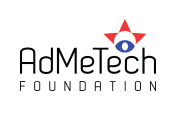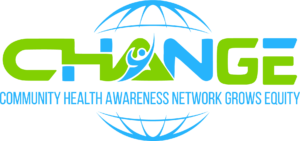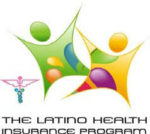To create a Massachusetts model of national leadership in improving patient care and reducing health disparities.
Specific Aims
- To create and expand a state program in research, education, and awareness in order to expedite transfer of cutting-edge advances in screening, diagnosis, and treatment from the leading hospitals to everyone.
- To increase benefits, improve outcomes, and reduce risks and costs of patient care.
Priority Focus
Men at high risk of prostate cancer, their caregivers, and physicians. The risk of having prostate cancer increases:
- As a man’s age increases above 50
- In Black men with African or Hispanic roots
- In men with family history of this disease (e.g., brother or father)
- If your doctor finds a firm lump during a digital rectal exam
- If screening shows blood PSA level above normal for a man’s age and/or increasing over time.
Approach
- Top-to-Bottom: Development and implementation of data-driven, consensus-based strategies for research, education, awareness, and advocacy;
- Bottom-Up: Community workshops that bring world-leading experts to the most vulnerable and under-served men and combine education with counseling (individual, families, groups). Read More
AdMeTech Foundation formed PCAC in 2015 by bringing together the state leaders in education, advocacy, and grass roots, including but not limited to, the American Cancer Society Cancer Action Network (ACS CAN), Massachusetts Prostate Cancer Coalition, Men of Color Health Awareness (MOCHA), Center for Elimination of Health and Social Inequities and Disparities (CEHSID), NAACP New England Area Conference, Community Health Awareness Network Growth Equity (CHANGE), Latino Health Insurance Program, and other organizations.
Core Leadership
Independent “Blue Ribbon” Expert Panel
Formed in 2015 and consisting of the key experts in prostate cancer clinical care and research, the Panel serves as a working advisory board and represents the state’s leading academic and clinical institutions. The Panel provides guidance on the most recent advances in patient care for the education and awareness campaign. In March 2016, the Panel developed consensus-based educational information about screening and related options with specific focus on men at high risk of life-threatening (aggressive) prostate cancer.









